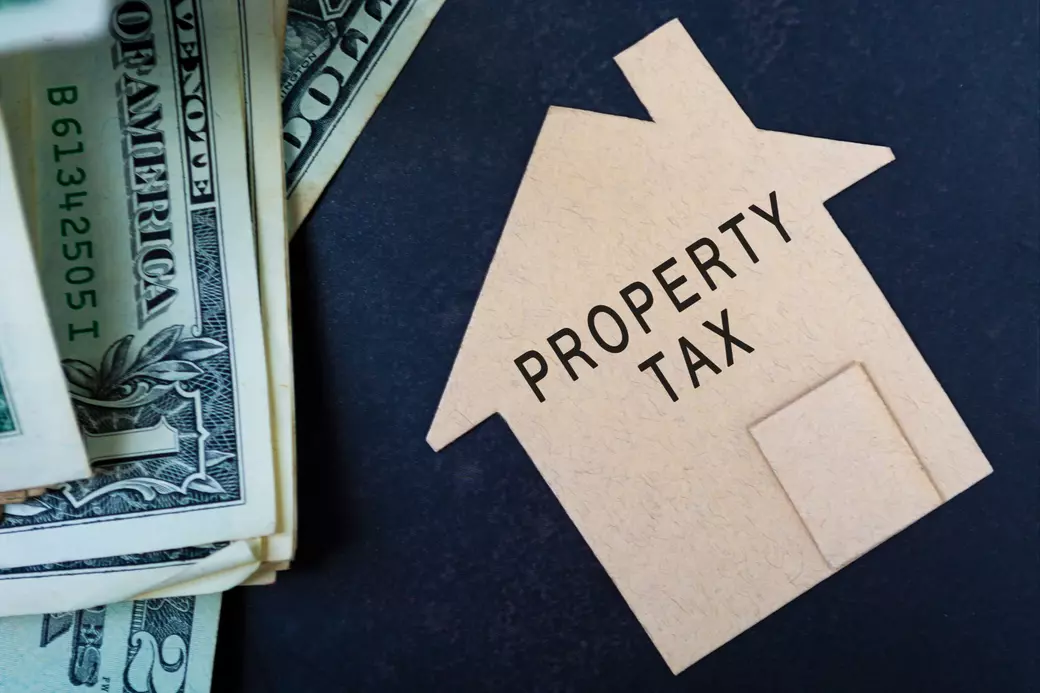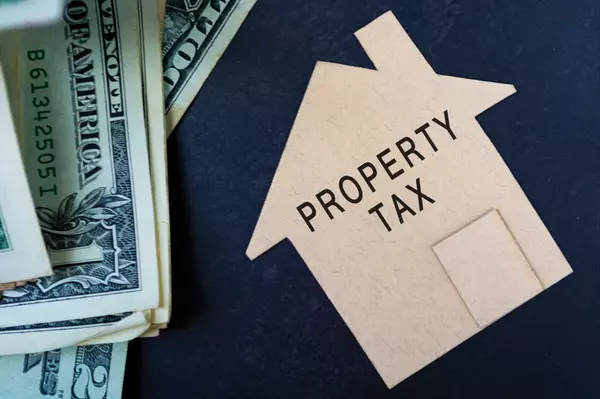Where’s My Refund? When Homeowners Can Expect Their Property Tax Money Back

Buying a home is a major milestone, but it also comes with its fair share of financial responsibilities. From mortgage payments to unexpected repairs, homeownership requires careful budgeting. As tax season rolls around, many homeowners wonder: Can I get money back from property taxes? The answer might surprise you.
Your home isn’t just a place to live—it can also provide valuable tax benefits that lower your overall tax burden. Here’s what homeowners need to know about tax refunds and deductions related to their property.
Standard vs. Itemized Deductions: What’s Best for You?
Before you dive into tax deductions, it’s important to understand the difference between standard and itemized deductions. You can only choose one, so knowing which works best for you is key.
- Standard Deduction: A fixed deduction amount applied to all taxpayers, simplifying the tax process.
- Itemized Deductions: Specific deductions for eligible expenses, including mortgage interest and property taxes, may reduce taxable income further than the standard deduction.
For the 2025 tax season, the standard deduction is:
- $15,000 for single filers and married individuals filing separately
- $30,000 for married couples filing jointly
- $22,500 for heads of households
Most taxpayers take the standard deduction, but homeowners in high-tax states or with significant mortgage interest may benefit from itemizing.
Homeowner Tax Deductions That Could Save You Money
Not all home-related expenses are deductible, but some can provide significant savings. Here are some key tax benefits for homeowners:
1. Mortgage Interest Deduction
One of the biggest tax breaks for homeowners is the mortgage interest deduction. If you have a home loan, you can deduct interest on up to $750,000 of mortgage debt for single filers and joint filers, or $375,000 if married and filing separately.
If you paid for discount points when purchasing your home, these points count as prepaid interest and may also be deductible.
2. Property Tax Deduction
Homeowners can deduct up to $10,000 in combined state and local property taxes ($5,000 if married filing separately). This is especially beneficial for those in states with high property tax rates.
3. Home Office Deduction
If you use a portion of your home exclusively and regularly for business, you may qualify for the home office deduction. This applies to self-employed individuals but not employees who work remotely.
4. Energy-Efficient Home Improvements
Going green can pay off at tax time. Homeowners who install solar panels, solar water heaters, or other qualifying energy-efficient upgrades may receive tax credits. Additionally, installing an electric vehicle charging station at home can earn you a tax credit.
5. Medical Home Improvements
If you make necessary modifications to your home for medical reasons, such as adding wheelchair ramps or widening doorways, you may be able to deduct these costs.
6. Capital Gains Exclusion When Selling Your Home
When selling your primary residence, you may be able to exclude up to $250,000 ($500,000 for married couples) of capital gains from your taxable income, provided you have lived in the home for at least two out of the last five years.
How Much Can the Average Homeowner Expect to Get Back?
The amount you get back in taxes varies depending on income, mortgage payments, and location. Mortgage interest deductions typically save homeowners between $1,200 and $3,000, while property tax deductions can also lead to significant savings.
For reference, the average tax refund in 2024 was around $3,004, though this figure includes both homeowners and renters. Since the Tax Cuts and Jobs Act of 2017 reduced some homeowner tax benefits, fewer people itemize their deductions, but tax savings are still available for those who qualify.
When Will You Get Your Tax Refund?
If you’re expecting a tax refund, you won’t have to wait long. The IRS estimates refunds take about 6 to 8 weeks for paper filings, while e-filers with direct deposit receive refunds within 3 weeks.
To speed up your refund:
- File your taxes early
- Opt for electronic filing
- Choose direct deposit
- Double-check for errors to prevent delays
If you’re still waiting for your refund, use the IRS “Where’s My Refund?” tool to track your status.
Final Thoughts: Will Owning a Home Increase Your Tax Refund?
Owning a home doesn’t automatically mean a bigger refund, but it can lower your tax liability if you take advantage of available deductions. Your refund depends on factors like home costs, mortgage interest, and state tax laws. Some states also offer additional tax relief for homeowners, so it’s worth checking with a tax professional to maximize your deductions.
Tax laws change frequently, so if you’re unsure whether itemizing is right for you, consult a certified tax preparer. Proper planning can help you make the most of your homeowner tax benefits and keep more money in your pocket.
Categories
Recent Posts

"Molly's job is to find and attract mastery-based agents to the office, protect the culture, and make sure everyone is happy! "
GET MORE INFORMATION






